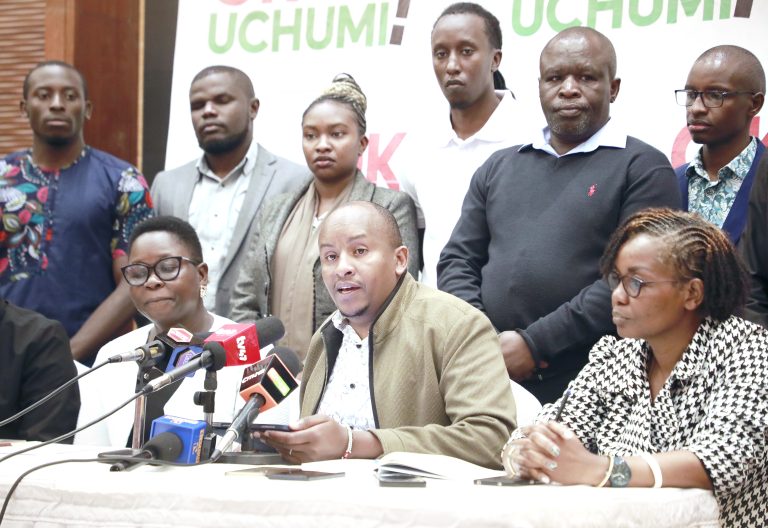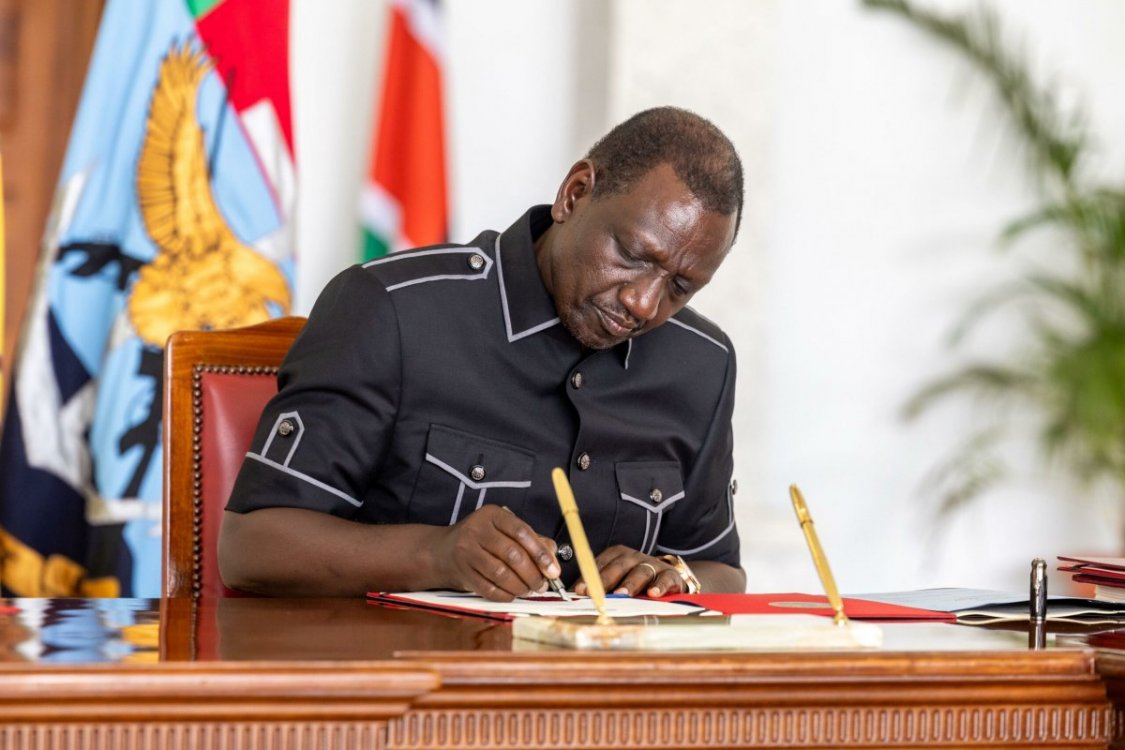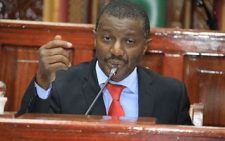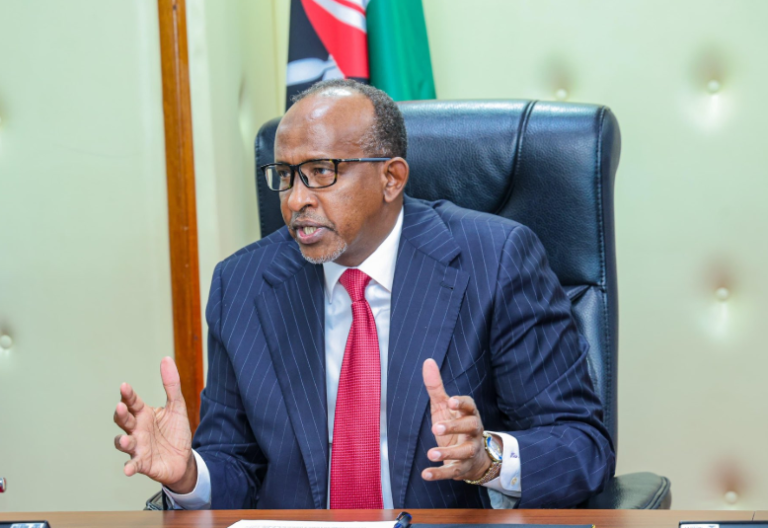‘Hustlers’ face more taxes as 2025/26 budget favours the wealthy

‘Hustlers’ should brace for tougher times in the coming financial year, as the government’s fiscal plan aims to raise more revenue from low-income earners through taxes to fund its expenditure.
The 2025 Finance Bill, which National Treasury Cabinet Secretary John Mbadi assured Kenyans would not introduce new taxes, will squeeze more revenue from employees at the bottom of the economic pyramid while protecting the wealthy.
For the 2025/26 financial year, the government plans to spend Ksh4.24 trillion against projected revenues of Ksh3.32 trillion, leaving a deficit of Ksh876 billion to be financed largely through domestic borrowing.
Essential services hit
The proposed Ksh4.3 billion budget cut from the free primary education programme will cripple the school feeding scheme under the basic education department, affecting an estimated three million children.
The Ruto-championed fertiliser subsidy programme faces severe cuts, with funding slashed from Ksh14 billion to Ksh8 billion at a time when Kenya is fighting food insecurity.
Meanwhile, the free maternity programme, popularly known as Linda Mama, received no allocation in the 2025-2026 budget, denying poor parents government funding.
While struggling Kenyans face higher taxes and reduced social support, the finance bill allows high-ranking public officials to enjoy lower tax burdens. The most noticeable proposal increases the tax-exempt per diem allowance to Ksh10,000 from the current Ksh2,000.
“This situation undermines the principle of progressive taxation and deepens the divide between the well-connected and those struggling, who are the majority,” said Alex Riithi, head of programmes at The Institute of Social Accountability (TISA) and Okoa Uchumi coalition convener.
The bill proposes reducing rates for special economic zones and the Nairobi International Financial Centre.
“While these incentives are presented as necessary for attracting investment, the criteria for qualification remain unclear, raising concerns that these measures could turn into tax shelters for the well-connected and politically aligned individuals,” said Eunice Wanjiku, Inuka Kenya programmes officer.
Without transparent regulatory frameworks, such tax breaks will protect the wealthy from public taxation.
“In a country where taxation already disproportionately affects low and middle-income citizens, these proposals represent a dangerous shift in fiscal fairness,” Wanjiku added.
VAT changes
The coalition opposes proposals to remove zero-rated goods such as solar panels, raw materials for medicines, animal feed inputs, electric vehicles, electric bicycles and bioethanol from Value Added Tax (VAT) exempt status.
Producers can no longer reclaim input VAT on raw materials or processes used to produce these goods.
“This ultimately increases production costs and drives prices higher for consumers. The cost of healthcare, food, clean energy and transportation is likely to skyrocket, placing the greatest burden on low-income households,” Wanjiku explained.
Higher administrative costs
Patients depending on medication for chronic conditions may find treatment increasingly expensive.
Farmers and livestock producers face higher input costs for animal feed.
Taxing climate-smart technologies like solar panels and electric vehicles directly undermines Kenya’s environmental and climate resilience goals.
The finance bill also proposes deleting Section 17, 5C of the VAT Act, which allows businesses to apply excess input VAT to offset other tax obligations.
Removing this clause will tighten cash flow for small businesses and delay operations.
“VAT refunds are already chronically delayed. These amendments come at a time when the cost of living is unbearable, with prices of basic goods and services spiralling beyond the reach of many families,” Wanjiku said.
The budget increases Executive expenditure after creating new State departments, leaving taxpayers to foot hefty administrative costs.
These include Children’s Welfare, Aviation and Aerospace Development, Justice, Human Rights and Constitutional Affairs, Science Innovation and Research, Special Programmes, National Government Coordination, and Investments and Assets Management.
Many question the point of these departments, viewing them as duplicating existing ministry duties and as positions President William Ruto created to reward political loyalists.
“These departments were previously programmed under other State departments and now come with higher allocations and increasing administrative costs,” said Abraham Ochieng, a programme officer at Bajeti Hub.
“This raises critical questions about Kenya’s commitment to fiscal responsibility, especially amid a growing wage bill and claims of austerity measures,”
Government’s defence
The National Assembly’s Budget and Appropriations Committee said in its budget estimates report that the revenue and expenditure estimates for 2025/26 focus on stabilising commodity prices to ease the cost of living, create jobs, enhance food security and improve fiscal space through debt reduction.
“Strengthening exports and tourism to boost foreign reserves, while investments in healthcare, education and social protection are expected to foster inclusive growth and reduce inequality,” the Samuel Atandi-led committee stated.
The committee noted that estimates factored in prevailing economic challenges from increasing expenditure in key public sectors and fiscal constraints due to revenue shortfalls and limited financial flexibility caused by public debt.











